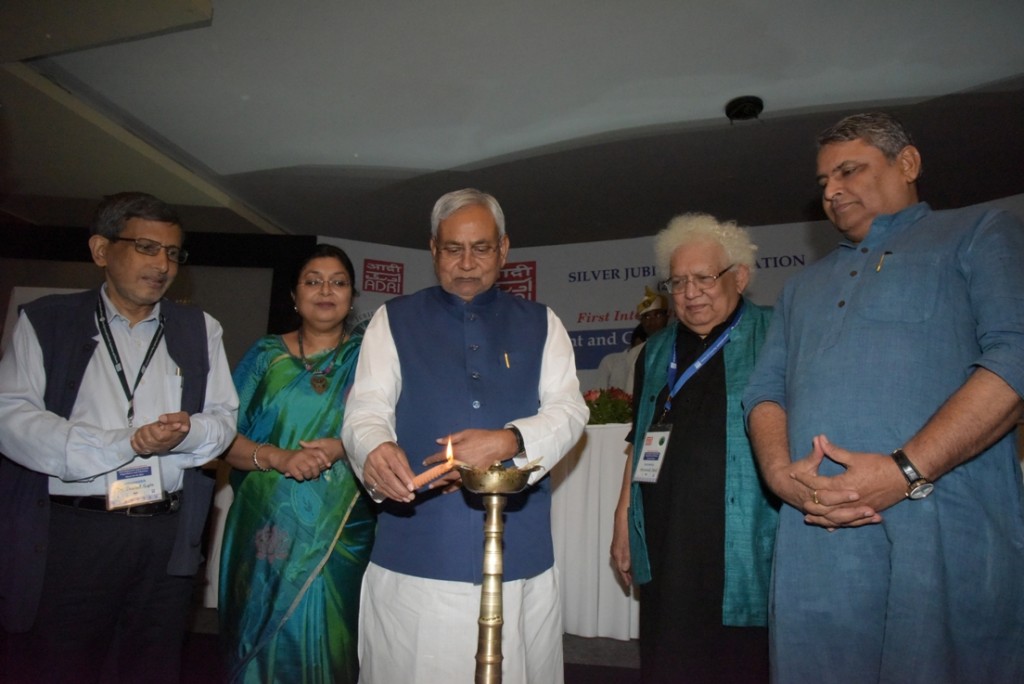Events of Adri society

PThe agenda of development and efforts of various scholars, both economists and others, to theorize it do not have a long history. Midway through the twentieth century, when the Second World War had ended, paving the emergence of a new international political order, the idea of development was probably first initiated. The international response was wide-ranging, informed by both concern and hope, and one such response was the first Report on the World Social Situation, published by the United Nations in 1952. Since then, the world has witnessed enormous changes social, economic and political. But have the goals of development that the world had set for itself been met? What are the achievements, and where are the deficits? Where do the development theories stand now? Is the present understanding of the phenomenon more comprehensive, or do they only indicate some conceptual inflation? And finally, does development still continue to be a universal social agenda, or has it been replaced by the affirmations of neoliberalism? These questions deserve great attention.
On the achievements of the development agenda, the experience has been extremely varied, both across and within countries. But the overall experience has left doubts, both about the commitments and the strategies for development. On the one hand, the number of developing countries which were able to substantially raise at least their material wealth was rather limited. Secondly, human development lagged behind material gains in many countries, growing either moderately or fast. This has led World Development Report 2006 to argue that equity has a central place in the interpretation of the development experience and the design of development policy. We now need to inquire not just why some countries grow and others dont, but, hopefully, also work out a typology of growth patterns in different countries.
Towards theorising, there have also been several tangible attempts to comprehend and explain the phenomenon of development from unexplored angles. The initial theories of development were understandably economic correlates, but limitations of those initial theories were gradually revealed through many country experiences. Later, scholars have tried to unveil the non-economic correlates of a development process that include, among others, human development, role of institutions, and empowerment of people. But, parallel to the search for theories that view development as an all-encompassing social process, there has also emerged neoliberal thinking on development, emphasising the potential of a market-driven development process. Indeed, the development experience of the last quarter century, during which neoliberalism has been rather dominant, has generated an excited debate about development theories.
Now that nearly six decades have passed since the development agenda was first initiated, analysing development experience and rethinking development economics is a tempting exercise. The proposed conference aims at conducting that exercise, first in an international perspective, and then in an Indian context.
<